Motivation
The Future of Peer Recognition: AI and Machine Learning Trends in the Workplace

In today’s rapidly evolving workplace, fostering a positive and inclusive company culture is essential for employee engagement and retention. One of the key elements of a positive culture is peer recognition, which can significantly impact employee morale and motivation. Traditionally, peer recognition programs have relied on manual processes, which can be time-consuming and prone to bias. However, with the advent of artificial intelligence (AI) and machine learning, the future of peer recognition is undergoing a transformation, opening up new possibilities for organizations to recognize and reward their employees in more meaningful and effective ways.
Personalized Recognition
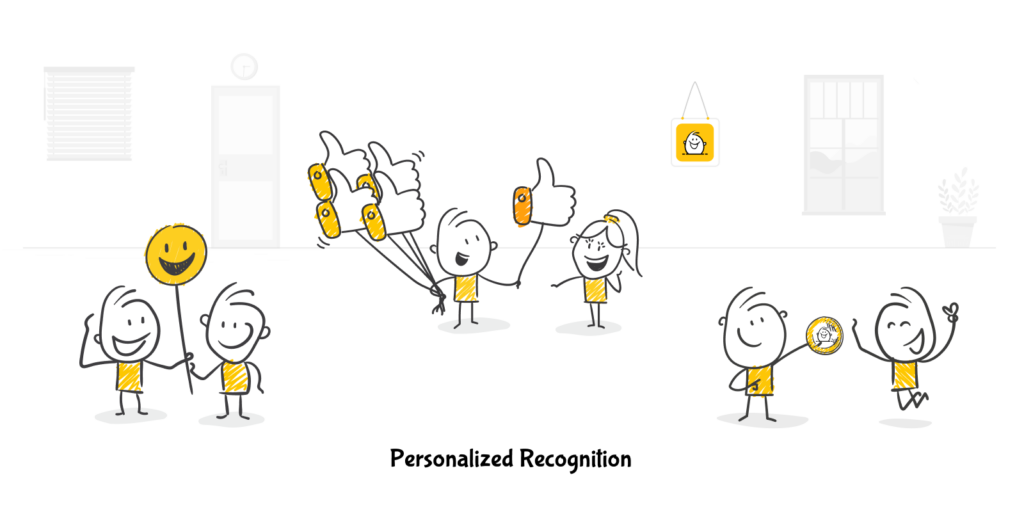
One of the key ways AI is revolutionizing peer recognition is through personalized recognition. AI-powered platforms can analyze various data points, such as employee performance, feedback, and interactions, to provide personalized recognition to each employee. This personalized approach helps ensure that recognition is meaningful and relevant to the individual, enhancing its impact and effectiveness.
Real-Time Feedback
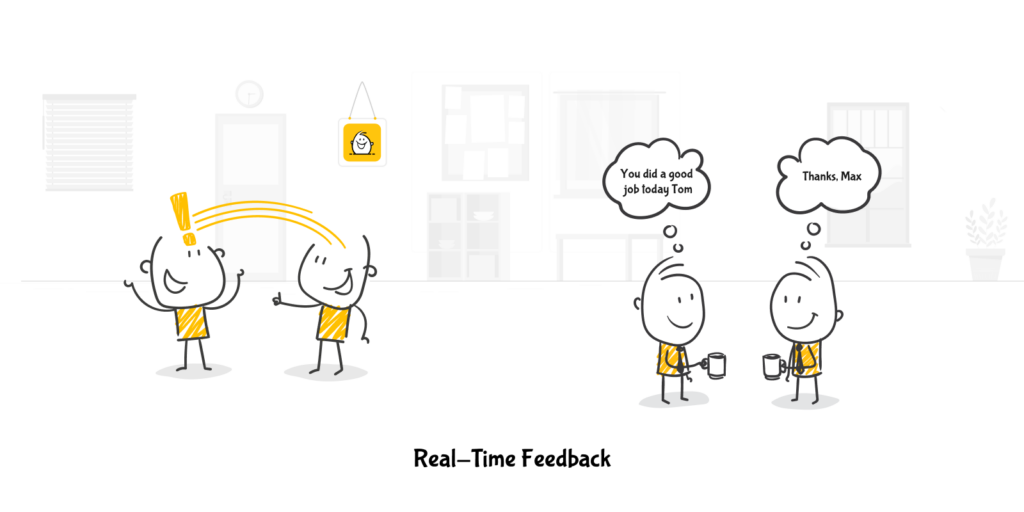
Another way AI is changing peer recognition is by providing real-time feedback. Traditional recognition programs often suffer from feedback delays, which can diminish their impact. AI-powered platforms can provide instant feedback based on real-time data, allowing employees to receive recognition when it matters most. This real-time feedback loop can help boost employee morale and motivation, leading to increased productivity and job satisfaction.
Data-Driven Insights
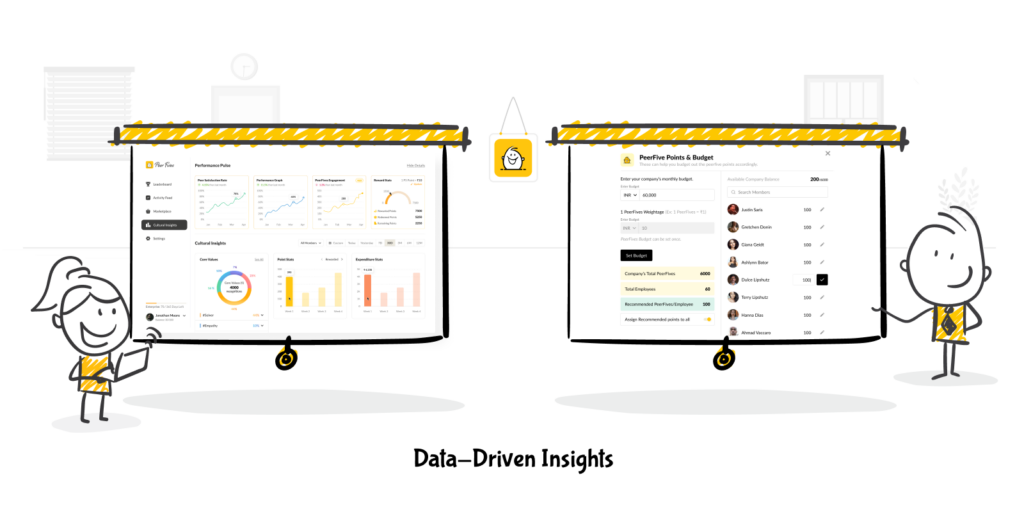
AI and machine learning also provide valuable data-driven insights into employee recognition efforts. Organizations can gain insights into employee engagement, motivation levels, and recognition preferences by analyzing recognition data. This data can help organizations tailor their recognition programs to meet the needs of their employees better, ultimately driving higher levels of engagement and satisfaction.
Improved Employee Experience
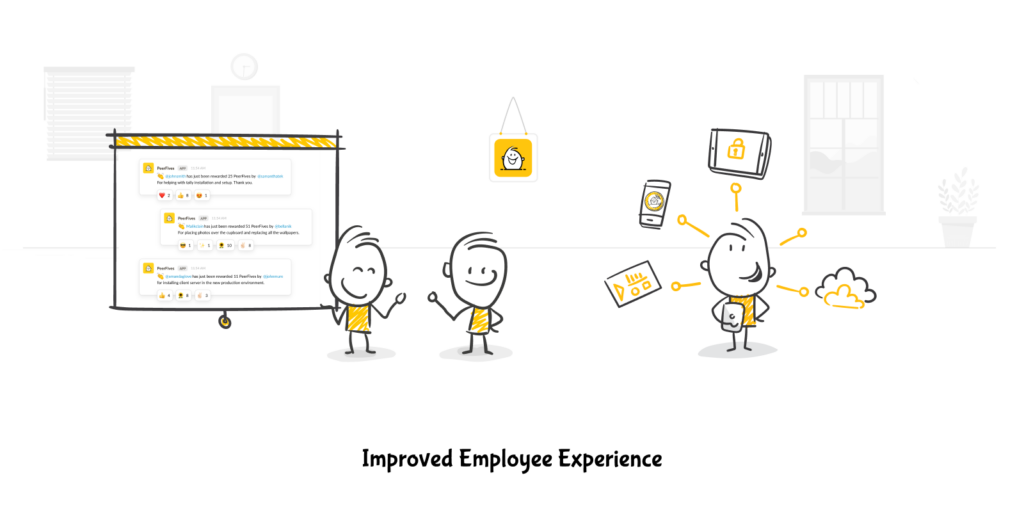
AI-powered peer recognition can significantly enhance the employee experience. Organizations can create a more positive work environment where employees feel valued and appreciated by providing personalized and timely recognition. This, in turn, can lead to higher job satisfaction and employee retention.
Future Trends
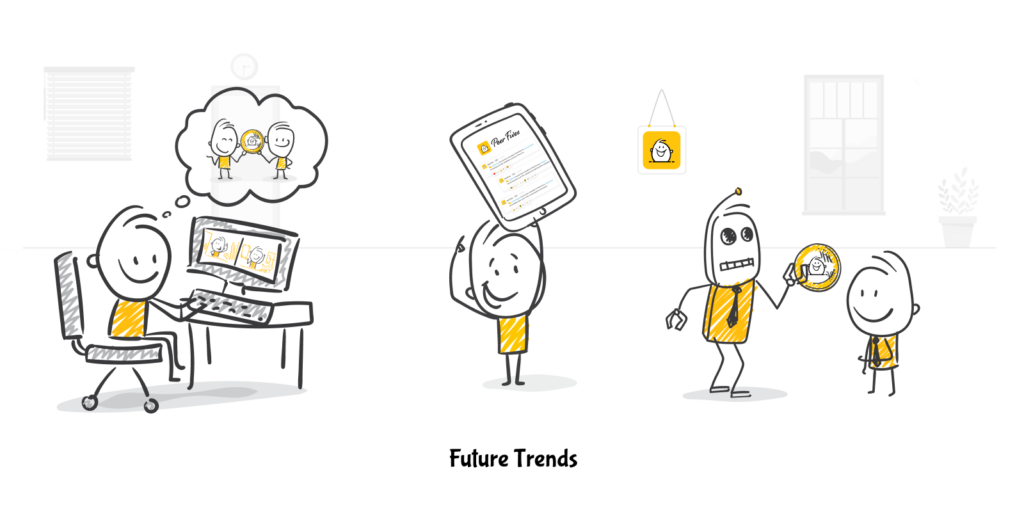
Several trends are emerging in AI and machine learning for peer recognition. Predictive analytics, for example, can help organizations anticipate employee needs and proactively provide recognition. Sentiment analysis is another trend, enabling organizations to gauge employee sentiment and adjust their recognition programs accordingly. These trends are poised to reshape the future of peer recognition, making it more effective and impactful than ever before.
In conclusion, AI and machine learning are revolutionizing peer recognition in the workplace. AI-powered platforms are helping organizations create more engaging and inclusive work environments by providing personalized, real-time feedback and data-driven insights. As these technologies continue to evolve, the future of peer recognition looks bright, offering new opportunities for organizations to recognize and reward their employees meaningfully.
Explore how AI can transform your recognition strategy at PeerFives.com.

